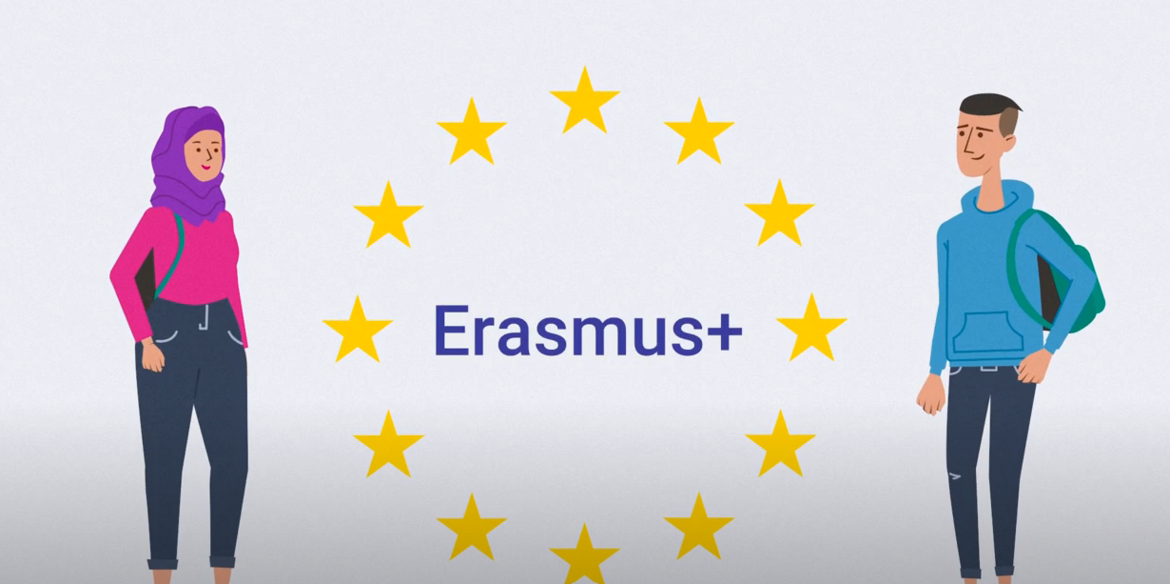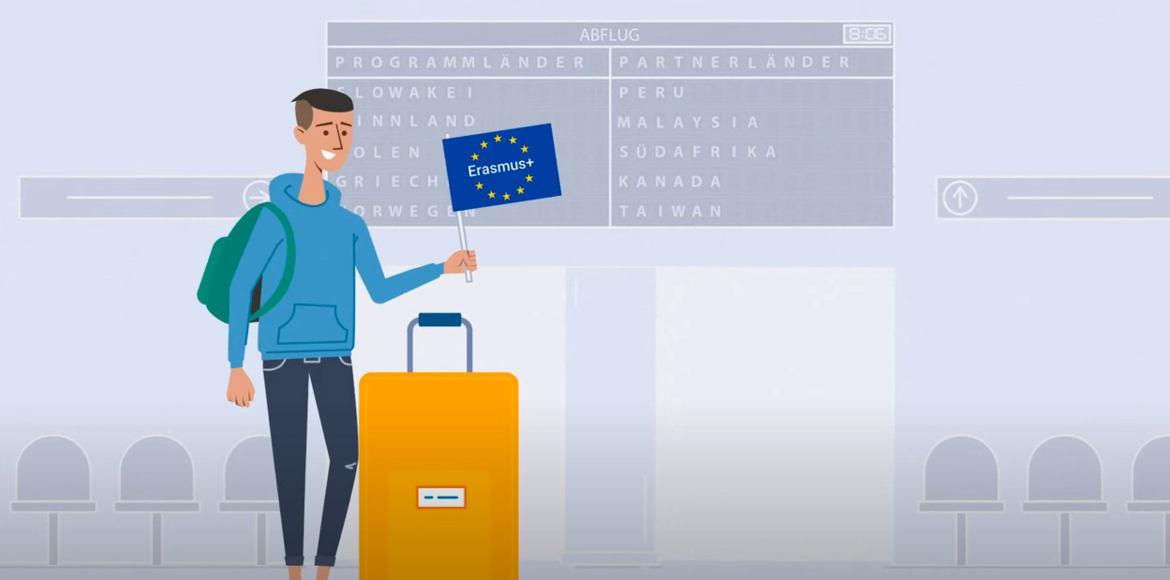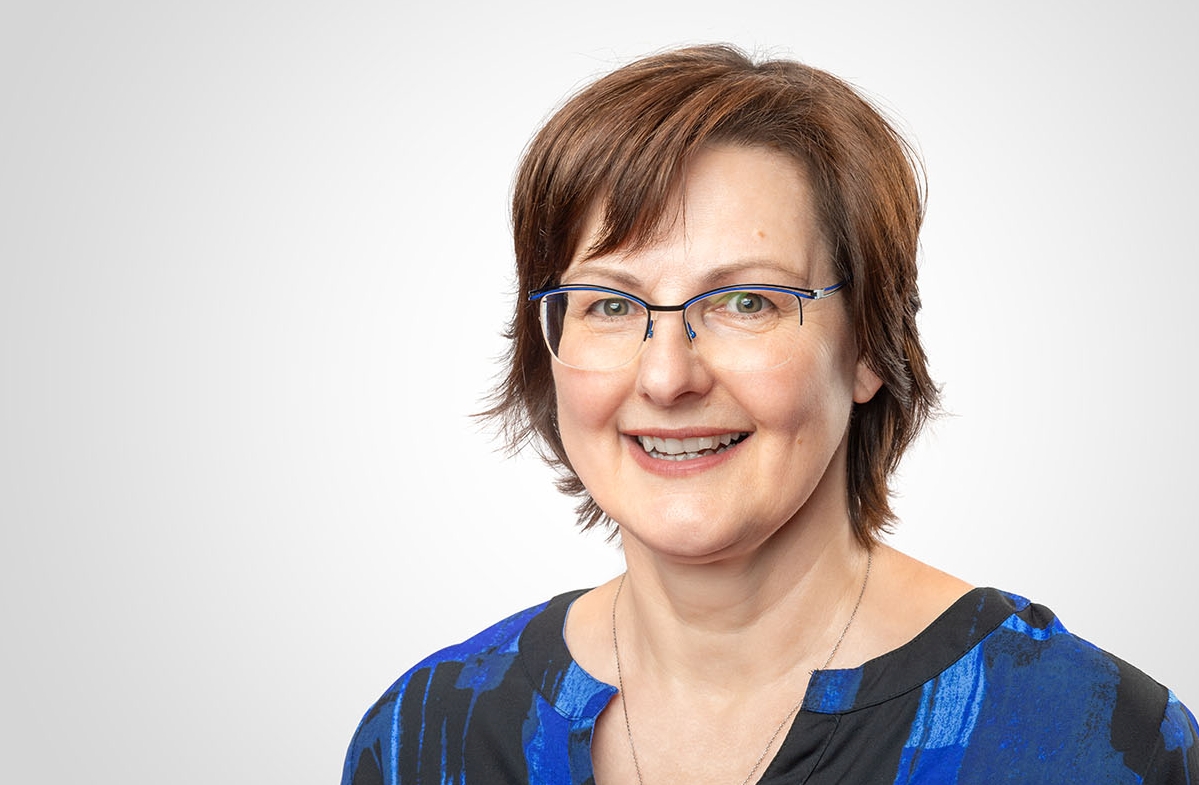
A stay abroad is an exciting and enriching experience that needs to be well planned. The right time for your stay depends on your degree programme - it is generally advisable to go abroad from the 3rd semester of your Bachelor's degree. There are also opportunities to complete an internship semester or a student research project abroad. Depending on the type of stay, preparation can take from six months to over a year, so you should plan early.
Find out about the best time slots and opportunities from the international coordinators in your department. The International Office also offers support with questions about funding, language skills and special funding opportunities.
The timing of a stay abroad is an important decision. It is recommended to go abroad from the 3rd semester of the Bachelor's programme at the earliest. In consultation with the Enrolment and Examination Office, it is also possible to start the Master's programme abroad. The degree programmes at Neubrandenburg University of Applied Sciences strive to make it easier for their students to study abroad and have defined time windows in which a stay abroad for study purposes is recommended. There is also the opportunity to spend a practical semester abroad or to work on a study or research project.
You can obtain more detailed information on the right time and opportunities from the international representatives of the departments or degree programmes.
Depending on the type of stay abroad, you will need to allow between six months and a year and a half to prepare. Preparing for an internship usually takes less time than for a period of study abroad. But even for an internship, you should look for a suitable company or organisation in good time and submit an application. For many host universities or funding organisations, the application must be received up to one year before the start of the guest semester.
Ask the International Office in good time.
Students with "fewer opportunities" - disability or chronic illness as well as mothers and fathers who want to go abroad with their child, first-time graduates or working students can receive special funding depending on the funding programme. Information is available from the International Office
Further links:
Information on international mobility for students with fewer opportunities in the Erasmus+ programme can be found on the DAAD special funding pages.
The project Studying abroad with a child at Wismar University of Applied Sciences and TU Dresden provides valuable information for mothers and fathers.
A good knowledge of the local language is a prerequisite for successful studies or an internship abroad. Host universities and many employers abroad expect proof of sufficient language skills. A language level is required that can certainly be acquired with timely planning and preparation.
Some universities offer English-language study programmes and some employers also accept applicants with a good command of English. However, even in these cases, you should be proficient enough in the local language to be able to socialise and cope with everyday life.
The university 'sLanguage Centre offers students the opportunity to improve their foreign language skills, learn new languages and gain an insight into different cultures. Language tandems are also arranged there, where you and your tandem partner can teach each other a language.
TheAdult Education Centre Neubrandenburgalso offers language courses.
In addition, students who would like to study or do an internship abroad as part of the ERASMUS+ programme have the opportunity to take a placement test and online language courses via the OLS language tool set up by the European Commission. The online language support is free of charge and available in all official European languages, as well as for the official languages of the Erasmus+ programme countries: Icelandic, Macedonian, Norwegian, Serbian and Turkish.
You can choose a language course in the main working language and/or in the national language. You will receive the access link from the International Office after submitting your application.
Funding
As a rule, a stay abroad means an additional financial burden. In addition to the one-off expenses for travelling, insurance and tuition fees, the cost of living is often higher.
However, there are considerable differences depending on the type of stay abroad. If you take part in an exchange programme at a partner university, there are no tuition fees and if you do an internship, you may receive a salary from your employer.
In addition, there are now funding options for all types of stays abroad. It is important that you inform yourself in good time and apply for funding.
Due to the variety of funding programmes, the following information is general in nature and merely provides you with orientation and points of reference for your further research. Be sure to seek advice on scholarships and funding opportunities at the International Office (Building 1, Room 258).
Here you will find further information about funding and scholarships.
Please note: Once you watch the video, data will be transmitted to Youtube/Google. For more information, see Google Privacy.
Please note: Once you watch the video, data will be transmitted to Youtube/Google. For more information, see Google Privacy.
Please note: Once you watch the video, data will be transmitted to Youtube/Google. For more information, see Google Privacy.











